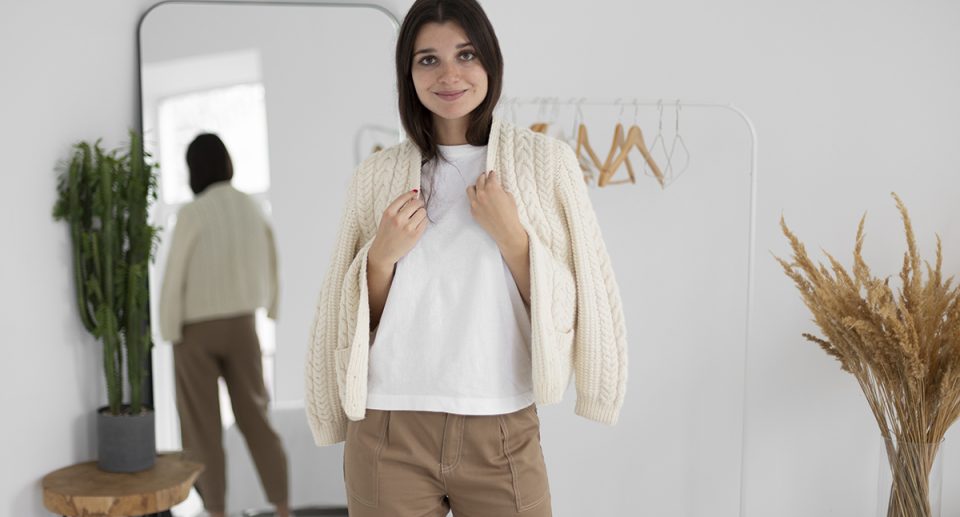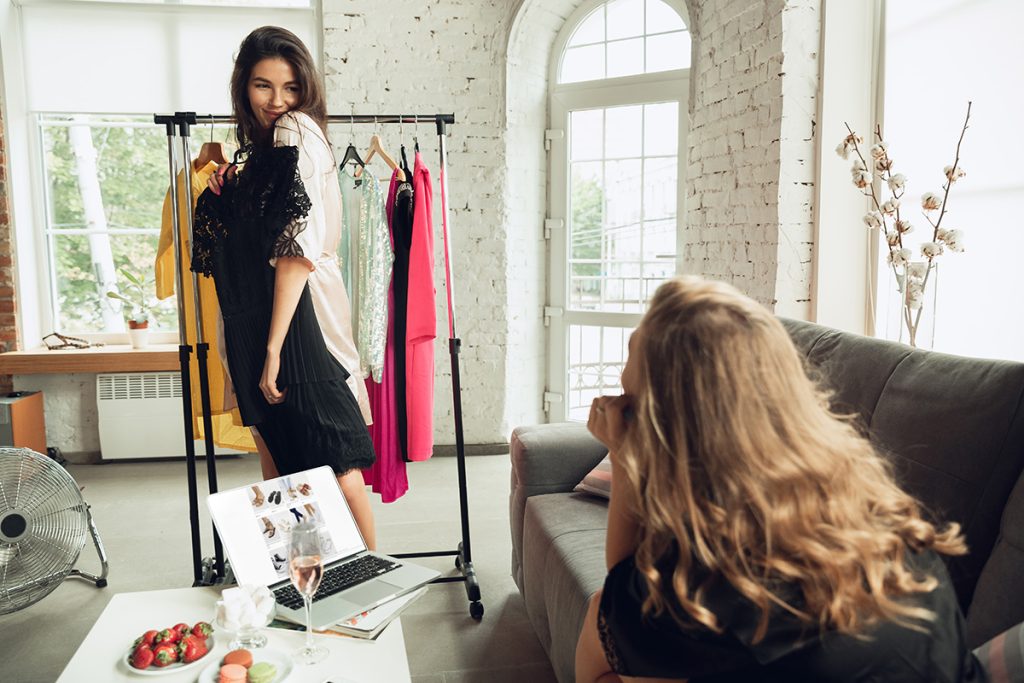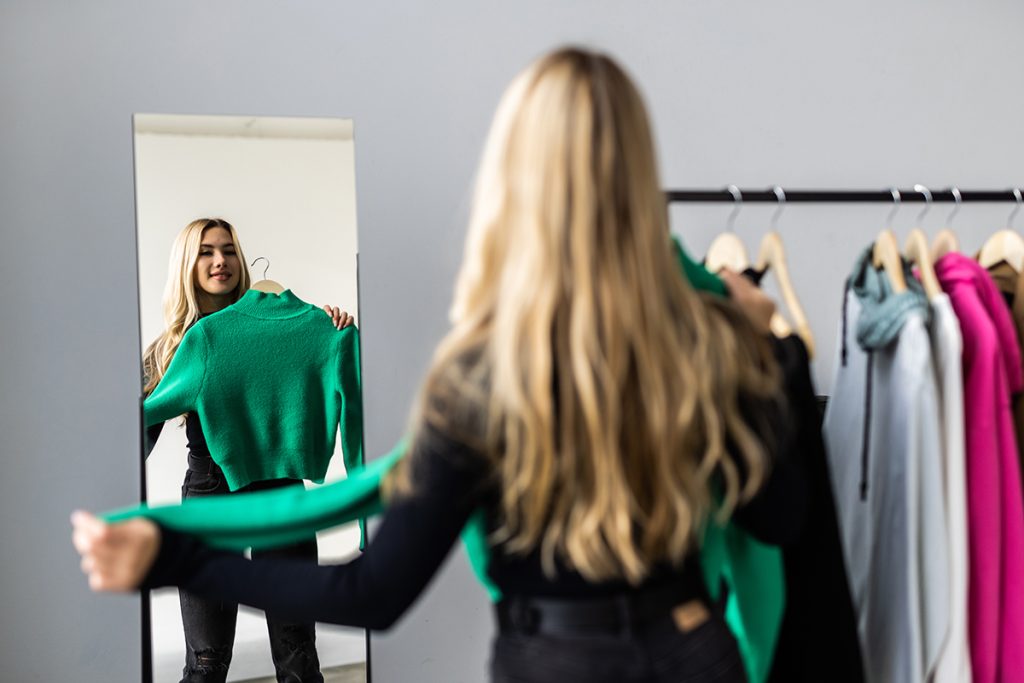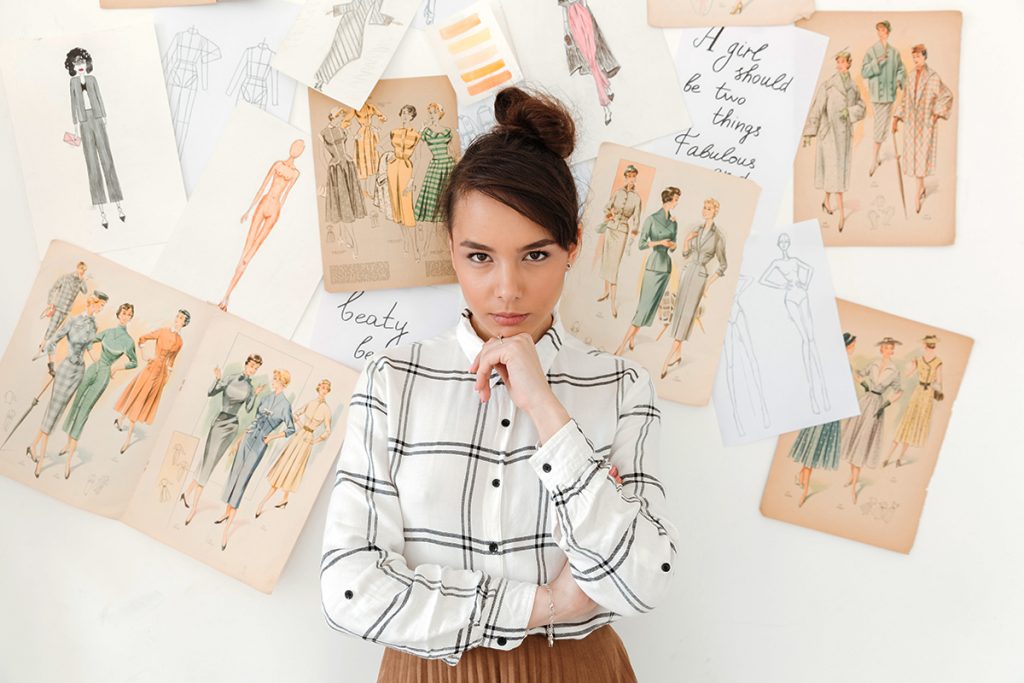The psychology of fashion: You are what you wear

Fashion has frequently faced criticisms for being superficial, shallow, and lacking substance. The notion of ‘it is what’s on the inside that counts’ has been used to downplay its significance. However, while clothing may seem unimportant, it can actually have an impact on how you feel.
There are countless articles advising people on how to dress to impress, but the importance of fashion lies in its ability to affect one’s behavior, mood, and self-identity. In essence, fashion is a form of psychology
Consider these three significant reasons before selecting your next outfit.


You are what you wear
Studies indicate that wearing a doctor’s white coat can influence one’s behavior, making them act more like a doctor. While this doesn’t mean that wearing a coat will give you the ability to perform medical procedures, research from a 2012 study found that participants who wore white coats were able to concentrate and retain focus better, which is referred to as ‘embodied cognition’. So, if you want your partner to pay attention to you, try handing them a white coat.
Research indicates that the concept of the ‘power suit’ is indeed a valid phenomenon. Dressing formally can make individuals feel more powerful and in control of their surroundings, particularly in a boardroom setting where the suit reigns supreme for boosting self-esteem.
Clothing is a form of status signaling, which makes this unsurprising. However, in relaxed and social settings, formal attire may impede relaxation and the ability to connect with others. Informal wear is believed to enhance friendliness and creativity, making a t-shirt and jeans ensemble a popular choice among creative types.
If you aspire to be a fitness enthusiast but struggle with a sedentary lifestyle, consider dressing the part. Even if you’re only running errands, wearing athletic shorts and trainers may encourage you to walk faster, take the stairs, and even motivate you to hit the gym later on. Clothing carries symbolic significance that is more impactful than one may realize.


Mood Change
According to Raphael Bonelli, a psychiatry professor, having an interest in fashion and personal appearance is a sign of good mental health. Psychiatrists are capable of gauging changes in a patient’s mood based on changes in their attire. Clothing and emotions have a reciprocal relationship.
When we look in the mirror, we primarily see our clothing rather than our physical body (excluding nudists, of course). Even if we’re just walking past or glancing up while washing our hands, our attire can significantly impact our self-perception.
On a difficult day, looking at our reflection and thinking ‘I look like a mess’ can confirm our negative mood. Conversely, appearing put-together and sharp can be a small morale boost that keeps us going.
Clothing can function as a form of armor that helps us cope with the demands of daily life. We often dress based on our current emotional state; for example, when we’re feeling down or unmotivated, we may choose to wear drab colors and comfortable sweatpants.
However, psychology suggests that we should dress according to how we want to feel instead. Personally, when I feel lackluster, I enjoy wearing a suit; if the situation doesn’t call for formal attire, I’ll opt for a red outfit to feel more energized. Does this always cure my low mood? No, but it does make me feel somewhat better and the compliments from others are a nice bonus.
Low moods can be the result of multiple small factors, so even the slightest changes can have a noticeable effect. Just like tidying your room after a depressive episode can help lift your spirits, dressing up can also provide a similar boost. When your surroundings, including yourself, feel refreshing, tasks that may seem overwhelming can become more manageable.


Dress to Express
Expressing oneself is an essential aspect of well-being, and adorning ourselves is an inherent part of human nature, distinguishing us from the animal kingdom. As per Kit Yarrow, the author of ‘Decoding the New Consumer Mind: How and Why We Shop and Buy’, even our ancestors spent time and effort gathering trinkets to wear, pondering over what might suit them best.
Clothes are more intricately linked to our identity than our families, homes, or belongings, as remarked by the renowned psychologist William James.
This is evident in the colors we choose to wear, a snazzy tie, or an intriguing pair of earrings. Even barristers, who have a strict uniform, are known for their funky socks since it is the only element of individuality they can express.
Similarly, our office decor, from screensavers to knick-knacks, is an example of our desire to express ourselves. Embracing clothing as a means of self-expression is a vital way to exhibit pride in our individuality.


Are you not yet convinced?
Performance is often linked to confidence, as feeling more self-assured and intelligent can lead to better outcomes. Clothing plays a significant role in shaping our self-perception, which is why it’s not superficial to take a moment to consider a purchase or decide on an outfit.
Regardless of whether you enjoy fashion or loathe shopping for clothes, we all need to purchase them, so it’s worth taking the time to choose the right ones
One way to begin is by adopting a Marie Kondo-esque approach. Rather than focusing solely on practicality, consider the impact a piece of clothing has on your overall wellbeing. Does it bring you joy? Does it make you feel confident, empowered, or creative?
It’s clear that having a thoughtful approach to your wardrobe can be beneficial for your mental health and overall self-perception.




















